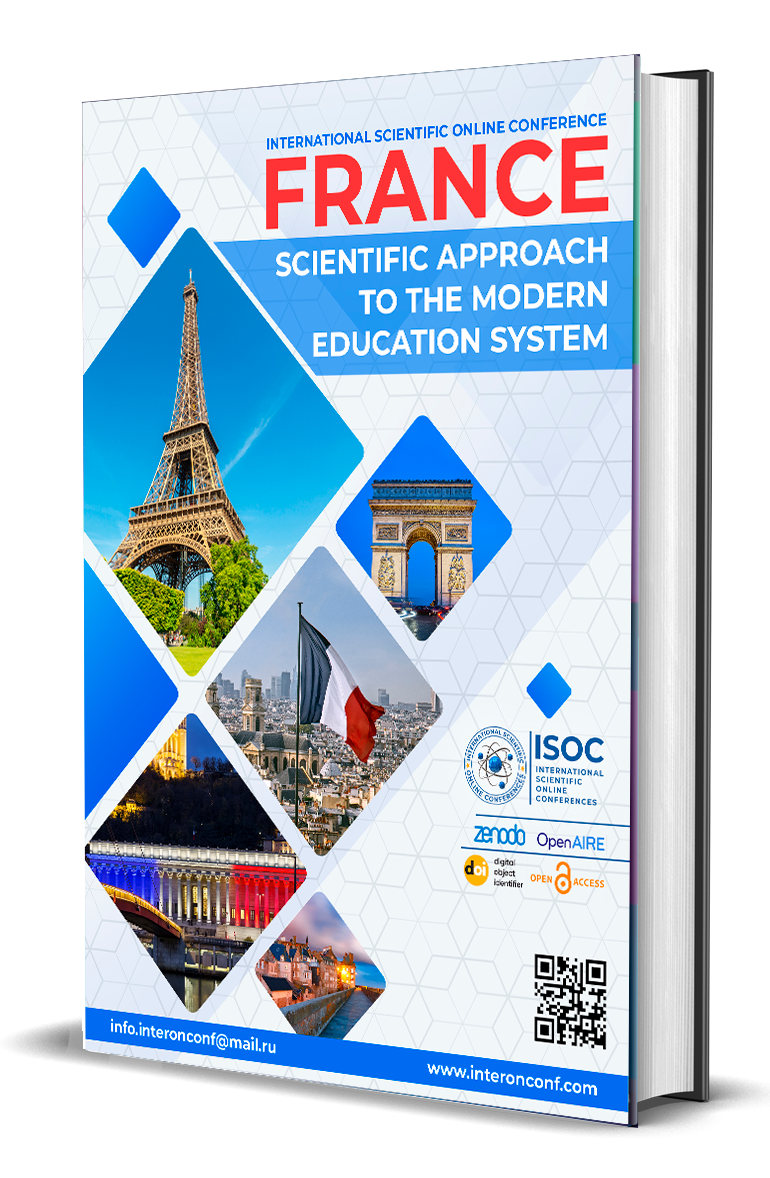CHALLENGES IN ECONOMIC ACTIVITIES DUE TO THE PANDEMIC & ISLAMIC ECONOMIC AND SOCIAL FINANCE SOLUTIONS IN UZBEKISTAN
Keywords:
pandemic, crisis, Uzbekistan economy, Islamic social finance, zakah, waqf, qard al-hasan, profit-loss sharing, Islamic fin-tech.Abstract
The COVID-19 pandemic brought about unprecedented disruptions to global economies, particularly affecting developing nations like Uzbekistan. Faced with rising unemployment, poverty, and public debt, Uzbekistan’s recovery has been slow despite government interventions. This paper explores how Islamic economic principles and social finance instruments, such as zakah, waqf, qard al-hasan, and Islamic FinTech, could serve as viable solutions to help alleviate the socio-economic challenges posed by the pandemic. By examining the economic impacts of COVID-19 on Uzbekistan and applying the principles of Islamic finance, this paper provides a framework for sustainable recovery and resilience building.
Downloads
References
Ahmed, H. (2009). Financial crisis: Risks and lessons for Islamic finance. ISRA International Journal of Islamic Finance, 1(1), 7–32.
Ajija, S., Annisa, E., & Hudaifah, A. (2012). How do Islamic banks optimize profit and loss sharing arrangements? Economics and Management, 16(2), 118-124.
Benamraoui, A. (2021). The World Economy and Islamic Economics in the Time of COVID-19. Journal of King Abdulaziz University: Islamic Economics, 34(1), 67-78. doi: 10.4197/Islec.34-1.4
Bourkhis, K., & Nabi, M. S. (2013). Islamic and conventional banks’ soundness during the 2007-2008 financial crisis. Review of Financial Economics, 22(2), 68-77.
Habib, S. (2018). Fundamentals of Islamic Finance and Banking. Cornwall, UK: TJ International Ltd.
Hassan, M., Muneeza, A., & Sarea, A. (2021). COVID-19 and Islamic Social Finance. Routledge.
Ibrahim, M., & Alam, N. (2017). Islamic economics and Islamic finance in the world economy. The World Economy, 41(3), 668-673. doi: 10.1111/twec.12506
Islamic Development Bank (2020). IsDB Group Report on COVID-19 and Islamic Finance. Retrieved from https://www.isdb.org
Lawal, I., & Ajayi, J. (2019). The role of Islamic social finance towards alleviating the humanitarian crisis in North-East Nigeria. Jurnal Perspektif Pembiayaan Dan Pembangunan Daerah, 6(5), 545-558. doi: 10.22437/ppd.v6i5.6508
Mirakhor, A. (2010). Whither Islamic Finance? Risk Sharing in an Age of Crises. MPRA Paper, 56341.
Muneeza, A., & Nadwi, S. (2019). The potential of application of technology-based innovations for Zakat administration in India. International Journal of Zakat, 4(2), 87–100. doi: 10.37706/ijaz.v4i2.191
Rabbani, M., Asad Mohd. Ali, M., Rahiman, H., & Zulfikar, Z. (2021). Exploring the Role of Islamic Fintech in Combating the Aftershocks of COVID-19: The Open Social Innovation of the Islamic Financial System. Journal of Open Innovation: Technology, Market, and Complexity, 7(1), 85. doi: 10.3390/joitmc7010085
The World Bank. (2021). Uzbekistan Overview. Retrieved from https://www.worldbank.org/en/country/uzbekistan/overview
Tulyakov, E. (2021). COVID-19: Actions Taken in Uzbekistan. The Foreign Policy Centre. Retrieved from https://fpc.org.uk/covid-19-actions-taken-in-uzbekistan/
World Population Review. (2021). Uzbekistan Population 2021. Retrieved from https://worldpopulationreview.com/countries/uzbekistan-population





